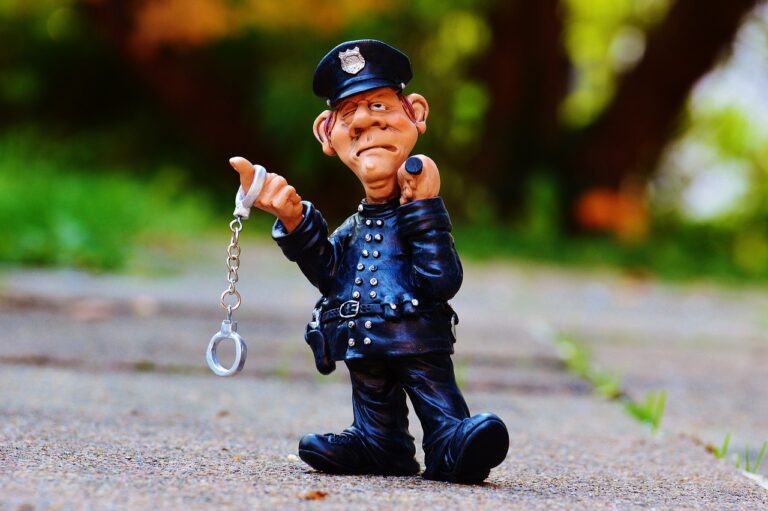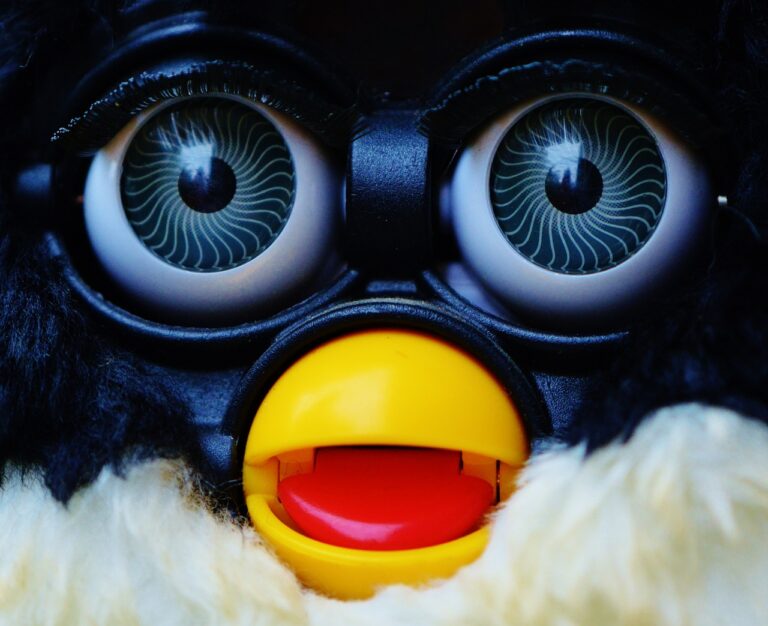Analyzing the Representation of LGBTQ+ Characters in Entertainment
LGBTQ+ representation in entertainment plays a crucial role in promoting diversity and inclusivity on our screens. By featuring a wide range of sexual orientations and gender identities in movies, TV shows, and other forms of media, audiences are able to see themselves reflected and validated in the stories they consume.
Moreover, LGBTQ+ representation in entertainment helps to break down harmful stereotypes and misconceptions that have historically been perpetuated in the media. By showcasing LGBTQ+ characters in diverse roles and storylines, the entertainment industry has the power to challenge societal norms and foster greater acceptance and understanding among viewers.
Challenges Faced by LGBTQ+ Characters in Media
The portrayal of LGBTQ+ characters in media often involves navigating through stereotypes and clichés that can perpetuate harmful attitudes. These characters are sometimes reduced to one-dimensional caricatures or used solely for comedic relief, undermining the complexity and depth of their identities. Additionally, LGBTQ+ characters may face backlash and criticism from audiences or network executives, limiting their opportunities for authentic and meaningful representation.
Moreover, LGBTQ+ characters in media frequently encounter discrimination and marginalization, both on-screen and behind the scenes. They may be subjected to a higher level of scrutiny and scrutiny than their heterosexual counterparts, facing pressure to conform to heteronormative standards or to serve as plot devices rather than fully developed individuals. This lack of inclusivity can reinforce harmful biases and hinder progress towards a more diverse and inclusive media landscape.
Positive Impact of LGBTQ+ Representation on Society
One significant benefit of LGBTQ+ representation in entertainment is the promotion of diversity and inclusivity. By showcasing a wide range of identities, experiences, and relationships, media can help dismantle stereotypes and prejudices. This can lead to greater acceptance and understanding of the LGBTQ+ community among the general public.
Moreover, LGBTQ+ representation in entertainment provides visibility and validation to individuals who may feel marginalized or underrepresented in society. Seeing authentic and relatable portrayals of LGBTQ+ characters can offer a sense of belonging and empowerment to those who identify with them. This representation can help combat feelings of isolation and discrimination, ultimately fostering a more inclusive and supportive environment for LGBTQ+ individuals.
Why is LGBTQ+ representation important in entertainment?
LGBTQ+ representation in entertainment is important because it helps to normalize diverse sexual orientations and gender identities, allowing individuals from the community to see themselves reflected positively in media.
What are some challenges faced by LGBTQ+ characters in media?
Some challenges include stereotypes, tokenism, and lack of authentic representation. LGBTQ+ characters are often relegated to minor roles or portrayed in a one-dimensional manner, which can perpetuate harmful misconceptions.
How does LGBTQ+ representation have a positive impact on society?
LGBTQ+ representation in media can help combat discrimination and promote understanding and acceptance. It can also empower individuals within the community to feel seen and validated, leading to greater self-acceptance and confidence.
Can LGBTQ+ representation in entertainment influence societal attitudes towards the community?
Yes, LGBTQ+ representation in entertainment has the power to shape societal attitudes by challenging stereotypes and fostering empathy and inclusivity. When audiences see diverse and authentic portrayals of LGBTQ+ characters, it can lead to greater acceptance and support for the community.







